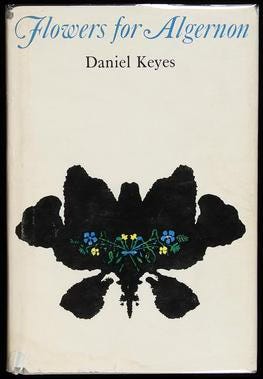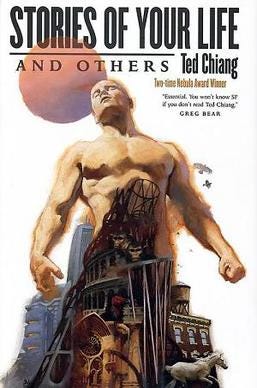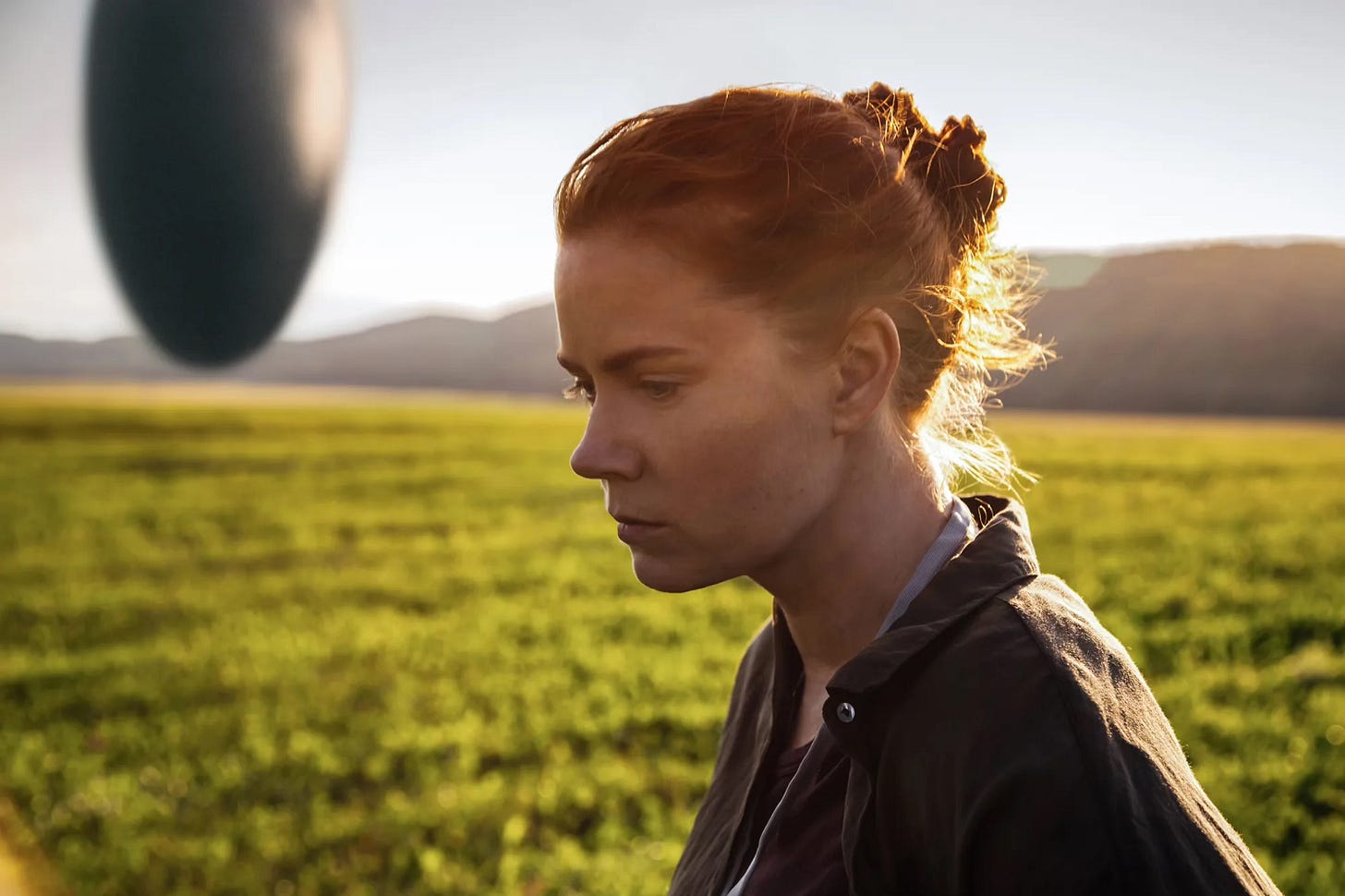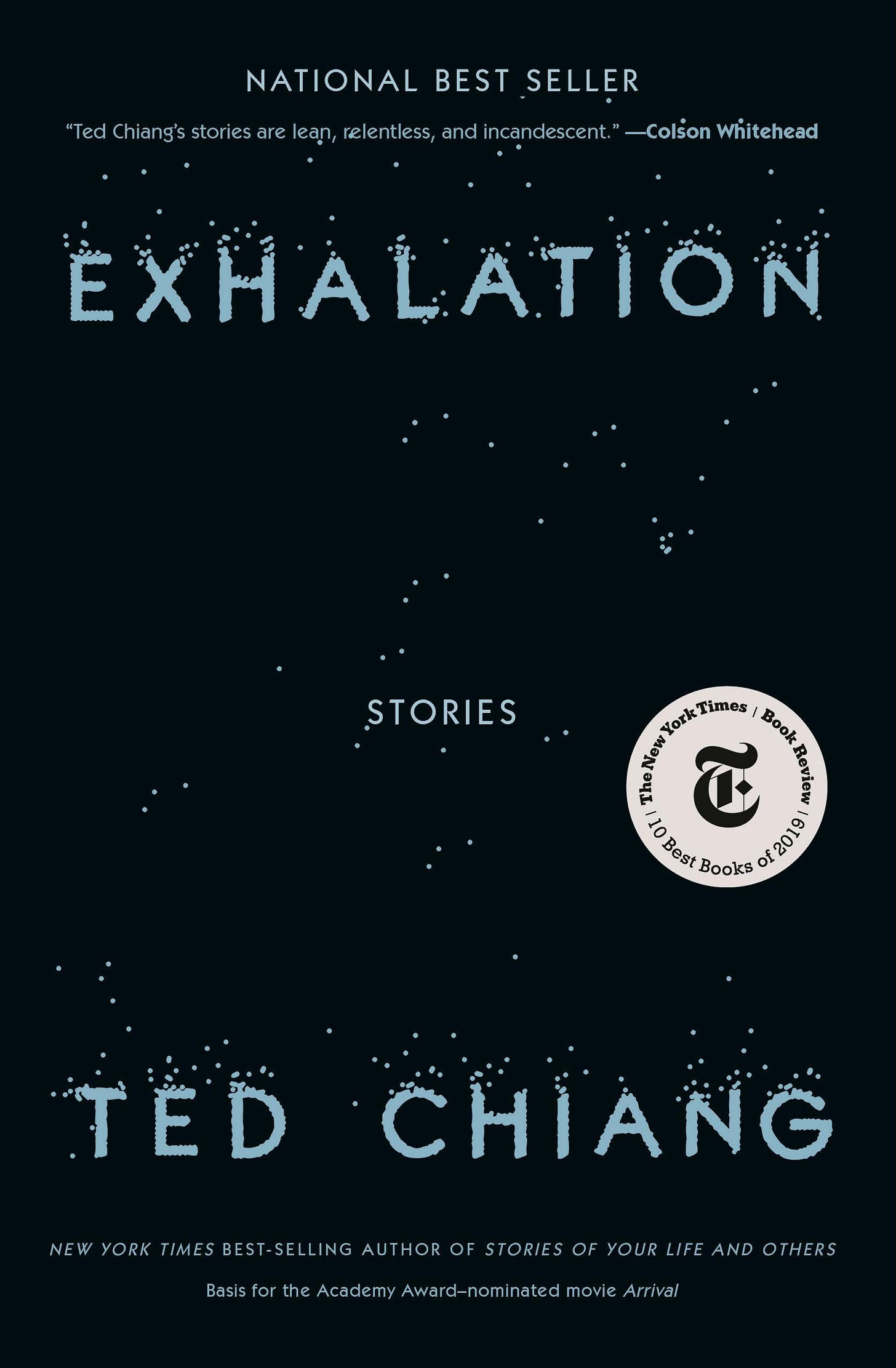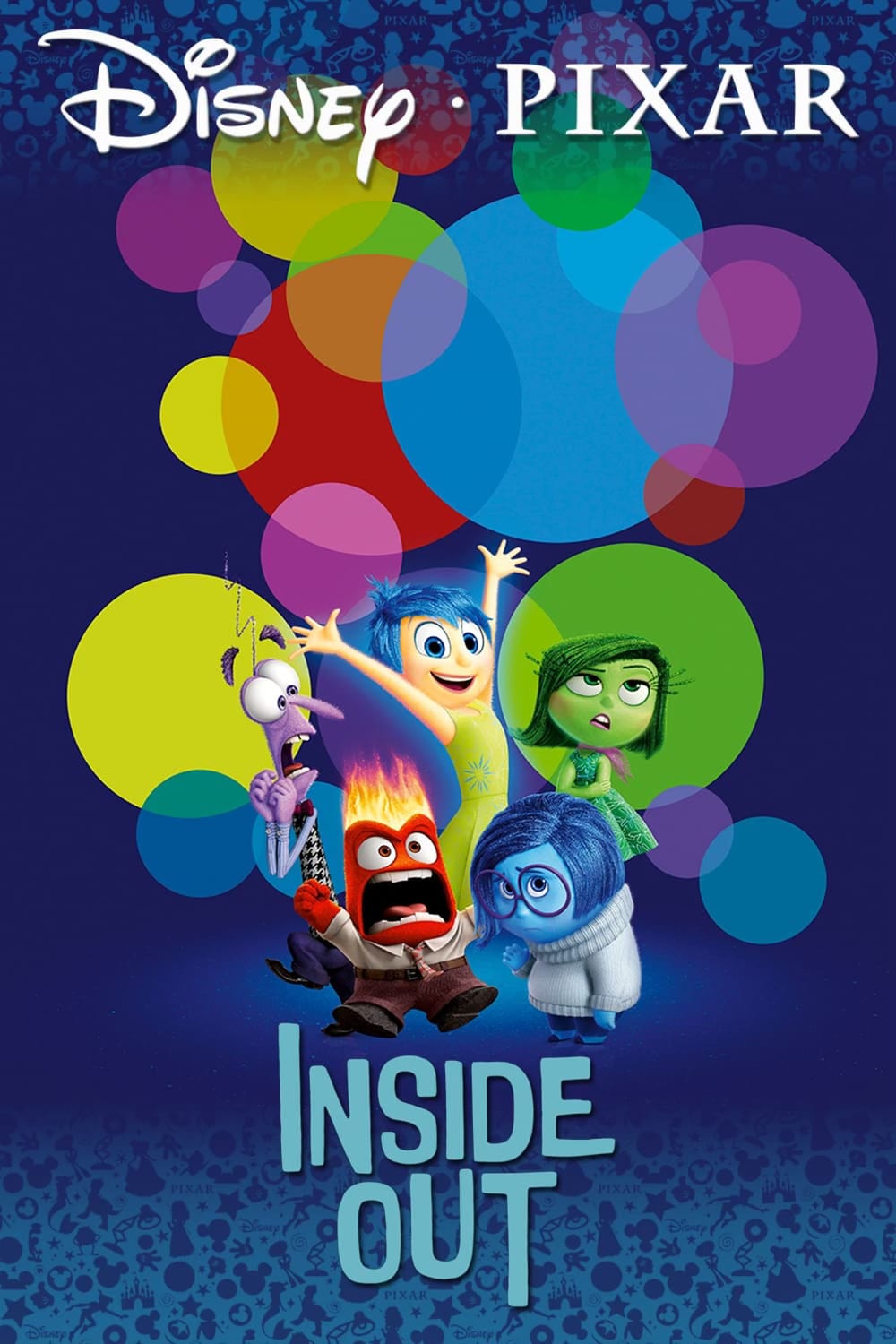Brain Trials Christmas Special: NeuroScience Fiction
Exploring the intersection of imagination and neuroscience: a holiday deep dive into brain-inspired science fiction
Happy Holidays, Brain Trials readers! 🎄
In this entry, I’m stepping away from the data-packed world of drug development and clinical trials to take you on a speculative journey into the realm of neuroscience fiction.
I’m a big fan of science fiction. The genre is brimming with stories that boldly explore the wonders of memory, consciousness, language, and the ethical quandaries of tinkering with the mind. Neuroscience has fascinated storytellers for decades, and its themes have inspired some of the most imaginative, and unsettling, works in literature and film.
What better way to celebrate the holidays than with stories that stretch the limits of what we know about the brain and what we dare to imagine?
In this special entry, I’ve curated a subjective list of 5 must-read works of neuroScience fiction. Each offers a unique perspective on the mind’s mysteries, with ideas so thought-provoking they’ve inspired countless subsequent novels and films.
So, as you (hopefully!) enjoy some well-deserved downtime, grab a cozy cup of cocoa, settle by the fire (or the beach 🏖️) and let these stories fire up your neurons.
Wishing you all a season filled with wonder and imagination!
Five must-read works of neuroScience fiction
(in chronological order)
Flowers for Algernon by Daniel Keyes (1966)
NeuroTheme: Cognitive enhancement.
Plot: Charlie Gordon, a man with an intellectual disability, undergoes an experimental surgery to enhance his intelligence. Initially, the results are astonishing, allowing Charlie to experience life with newfound clarity and intellect. However, as the effects begin to wane, Charlie’s poignant journey explores questions about the ethics of cognitive enhancement, the value of human dignity, and the transient nature of memory and identity.
Why it’s (still) relevant: This classic tale of Charlie Gordon, whose intelligence is temporarily amplified through experimental surgery, mirrors modern debates about cognitive enhancers, gene editing, and the ethics of altering brain function.
Same topic used in…: the movie Limitless (2011), and in Ted Chiang’s short story Understand (1991), which I highly recommend.1
We Can Remember It For You Wholesale by Philip K. Dick (1966)
NeuroTheme: Memory implantation.
Plot: Douglas Quail, a mild-mannered office worker, dreams of visiting Mars but cannot afford it. He decides to visit Rekal, a company that implants false memories, to satisfy his desire. During the procedure, Rekal employees discover that Quail’s mind contains repressed memories; he is not a simple office worker but a secret government agent who previously carried out a mission on Mars. These revelations set off a chain of events, as Quail’s real memories resurface, leading him into a web of intrigue where he questions his true identity and the authenticity of his experiences.
Why it’s relevant: The short story behind the Total Recall films asks profound questions about the reliability of memory and the impact of implanting false memories, concepts that resonate in today’s neuropsychology and AI fields.
Same topic used in… The converse topic (memory deletion) was used in the movie Eternal Sunshine of the Spotless Mind (2007).
The Lathe of Heaven by Ursula K. Le Guin (1971)
NeuroTopic: Dreams altering reality.
Plot: George Orr’s dreams reshape reality, leading him to seek help from psychologist Dr. William Haber. Haber uses Orr’s power to impose his vision of a better world, but each change brings unforeseen consequences. As reality spirals, Orr must confront the limits of control and the true cost of utopian ideals.
Why it’s (still) relevant: Besides the Freudian focus on dreams, the novel warns against hubris in manipulating complex systems, a theme relevant to modern debates on AI, climate engineering, and bioethics. It champions humility and interconnectedness in a rapidly changing world.
Same topic used in… Chritopher Nolan used the transforming power of dreams in his masterpiece Inception (2010).
Neuromancer by William Gibson (1984)
NeuroTheme: Brain-computer interfaces.
Plot: In a gritty, cyberpunk future, Case, a washed-up console cowboy, is recruited for a dangerous mission that involves hacking the ultimate corporate AI. Case's journey introduces readers to the concept of a "cyberspace matrix," a virtual realm that interconnects all data.
Why it’s (still) relevant: Gibson’s cyberpunk masterpiece popularized the concept of direct brain-to-computer interfaces, a now rapidly advancing area in neuroscience. Technologies like Elon Musk’s Neuralink feel eerily prescient when viewed through Gibson’s lens.
Same topic used in… The Matrix (1999); consciousness uploading into an AI-controlled web is also the topic of Johnny Depp’s movie Transcendence (2014).
Story of Your Life by Ted Chiang (1998)
NeuroTheme: language shaping cognition; perception of time; and the relationship between determinism and free will.
Plot: Linguist Dr. Louise Banks learns to communicate with an alien species whose language allows them to perceive time non-linearly. As she masters their language, she starts experiencing time the same way, seeing the past, present, and future simultaneously. This shift alters her understanding of her life, including her relationship with her daughter.
Why it’s (still) relevant: The story highlights how language influences cognition, reflecting ongoing debates in neuroscience and cognitive science. It also tackles the tension between free will and determinism, offering insights into how advances in AI and brain science may shape our understanding of human experience.
Same topic used in… the novel Blindsight by Petter Watts (2006). Denis Villeneuve’s masterpiece Arrival (2016) is based on Chiang’s short story.
Exhalation by Ted Chiang (2008)
NeuroTheme: Consciousness and self-awareness, using a unique narrative perspective to reflect on the nature of memory and the inevitability of entropy.
Plot: The protagonist, a sentient, mechanical being in a clockwork world, embarks on a journey of self-discovery by dissecting his own brain. While this might sound Hannibal Lecter-esque, it is anything but gruesome. Instead, it is an elegant exploration of how his kind’s memory systems are deteriorating. Through this self-examination, he uncovers truths about their purpose, the nature of their universe, and the universal inevitability of decline. These revelations lead to a profound meditation on life, death, and the transient beauty of existence.
Why it is (still) relevant: The story touches on AI, brain-computer interfaces, and the search for understanding within systems, drawing parallels to modern debates on AI ethics, consciousness, and the relationship between human cognition and technology. It also invites reflection on entropy and the future of digital consciousness.
Same topic used in…. to my knowledge, no other work has explored these ideas in quite the same way as Chiang. Self-introspection is a recurring theme in many stories, though. For instance, Disney/Pixar’s Inside Out (2015) takes a creative, family-friendly approach to exploring inner consciousness and emotional states, albeit with considerably less depht and existential weight.
Science fiction doesn't just entertain, it sparks imagination and drives innovation. These stories remind us that the mysteries of the brain are as vast as, if not more complex than, the cosmos itself.
This Christmas season, let’s not only celebrate what we've achieved, but also envision the possibilities of what we might make a reality in 2025 and beyond.
Wishing you all a Merry Christmas and a Happy New Year!
Readers - which of these stories will you be reading? Are there other neuroscience-themed tales or movies you’d recommend? Drop your favorites in the comments. I’d love to hear from you!
Thanks for reading. If you found this entry interesting, please, share it so that others can receive more like this in their inbox.
Views expressed here are my own and not necessarily those of my employer.
You may have noticed I mention three stories written by Ted Chiang. In my opinion, he is the best contemporary science-fiction writer. If you like science-fiction and haven’t read his work, you're missing out big time.





